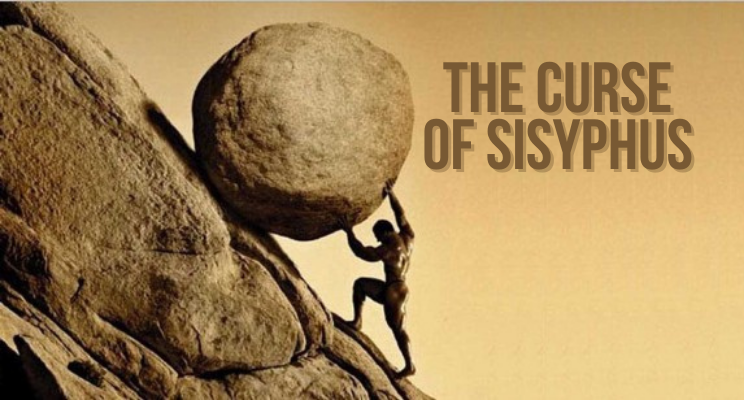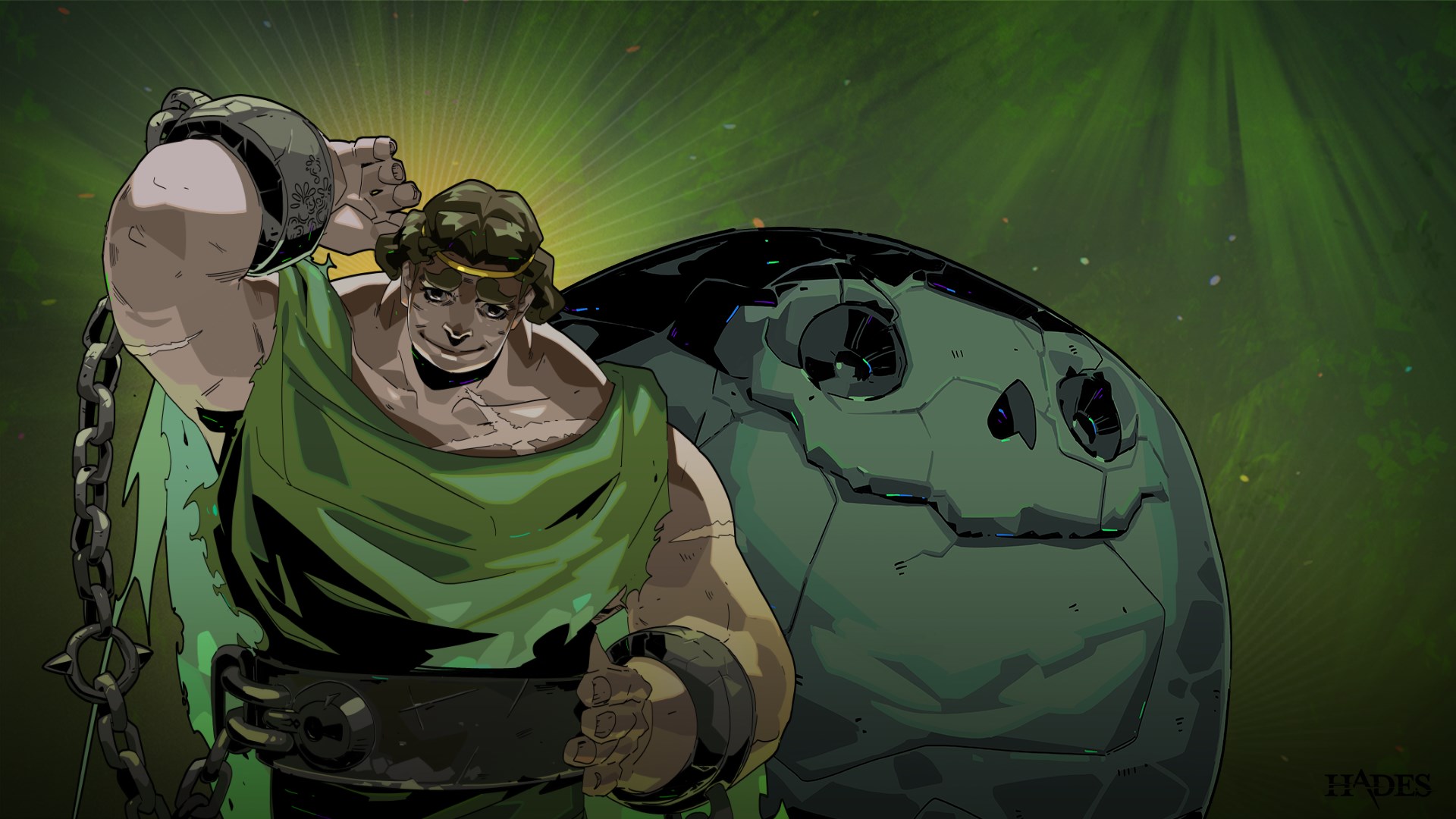"One must imagine Sisyphus happy." a quote that has been recently popularised by memes on tiktoks and an online rage-game of a man rolling a ball up a steep hill.

But not many know that it came from the closing line of an essay "The Myth of Sisyphus" by the Nobel Winning French Philosopher Albert Camus. I have to admit, despite reading so much psychological and philosophical content, I have not heard about Camus until recently. Camus' influence spanned across literary and philosophy, where he question about the purpose of life, and offers a perspective on how we might face life's inherent meaninglessness.
To give some context, Camus was born into poverty, and lost his father at a young age. He was imprisoned and tortured during the war, hence, facing a life of suffering and challenges, this led him to the path of existentialism and a search for meaning.
This essay, written in 1942 during the Nazi occupation of France, held four central themes: existence, absurdity, freedom and the absurd hero; Sisyphus. 1942 was a period marked by devastation, war, destruction and despair. Many wondered about about their existence, about the human purpose, about morality, and the nature of suffering.
Camus, deeply grappled with the harsh realities of life, death, and injustice, and thus, formed the backdrop for his exploration of the "absurd", later coined as "Nature of the Absurd", and later popularised by Jean-Paul Sartre as The Sartrean Absurd. Though, Camus's "absurd" is not the same as Sartre's "absurd".
The Nature of the Absurd is a philosophical concept that explores the tension between humanity's desire for meaning and the universe's indifference to our suffering. "Whether the earth of the sun revolves around the other is a matter of profound indifference.", to Camus, it is a futile question, and so is the suffering in the myth of Sisyphus.
The Tale of Sisyphus
The story for Sisyphus is simple: Sisyphus was a cunning and deceitful King, who was condemned by the Greek Gods to eternally roll a boulder up a mountain, only to watch it roll back down each time. Yet within this seemingly hopeless tale lies a powerful message about finding meaning in life.
Why would Sisyphus be happy? Rolling a boulder up a mountain is a futile act, seeing it roll back down each time, only to do it again and again. That is just... absurd. Sisyphus' refusal to submit to his fate, or to give the Gods the satisfaction of breaking him, is his ultimate act of rebellion. Even in the face of a futile situation, he robs the Gods of their power, by demonstrating that he controls his own responses. He is condemned, yet he is free.
This reminds me of a famous quote by Viktor Frankl, "Between stimulus and response there is a space. In that space is our power to choose our response. In our response lies our growth and our freedom." I had this quote printed out and placed in my wallet since I was 14. Almost a decade later, this is the quote that I hold dearly to my heart when encountering life's absurdities.

How to be an Absurd Hero
Have you ever wondered why do we suffer? Or why do we repeatedly work on the same mundane tasks day in and day out? Why do hardships reign down on us? Or why do some parts of the world suffer so much injustice? I'm sure you have. So, how do we find meaning in our lives amidst mundane repetition and the world's indifference?
Camus offers a perspective on how we might face life's inherent meaninglessness. He advocates for a "lucid revolt" — where we acknowledge life's lack of inherent meaning and yet choose to live fully. By consciously accepting and engaging with our struggle, we create our own personal meaning, exemplifying resilience and freedom. By consciously accepting and engaging with the struggle, one creates his own personal meaning. Which is the essence of human resilience and freedom.
In the book "The Courage To Be Disliked", The Philosopher offers a similar perspective (Adlerian Psychology), where he argues that we are not victims of our circumstances and past, but rather, we can determine our own response to it and live in the moment. That the meaning of our lives, comes from improving ourselves, our circumstances, and at the same time reach out a helping hand to others, to our community.
Perhaps, with this perspective, we can find meaning in our lives, and help ourselves and others to live a happier, meaningful life.
Finding Meaning in Absurdity
Camus calls Sisyphus an absurd hero, because he embraces the absurdity of his endless and meaningless task, yet his happiness comes from the ability to accept his situation. Camus believes that Sisyphus demonstrates the power of human freedom, that even in the bleakest condition, humanity can find meaning in their own response. Like a sunray, that breaks through the clouds. I wish you all the best, and hope you can find your own meaning in absurdity.
"The struggle itself toward the heights is enough to fill a man's heart. One must imagine Sisyphus happy."
- Albert Camus

